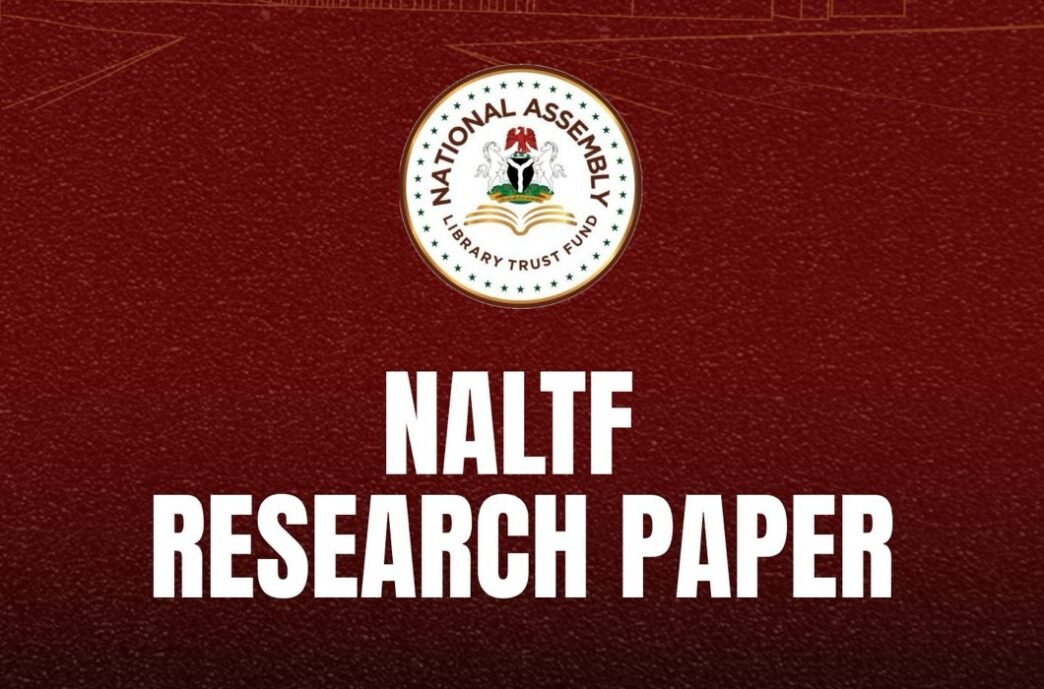Nigeria’s political instability, driven by ethnic tensions, regional disparities, and centralized governance, undermines national cohesion and development. This article explores decentralized governance as a strategy to enhance political stability, using qualitative analysis, empirical data, and comparative case studies from African (South Africa, Ethiopia) and Western (Germany, Canada) contexts. It proposes three interventions: constitutional reforms for greater state autonomy, fiscal devolution to empower subnational governments, and capacity-building for local institutions. These measures can address regional grievances, foster inclusive development, and strengthen democratic resilience. Recommendations emphasize legal frameworks, equitable resource allocation, and international partnerships to ensure effective decentralization.


Add a comment
